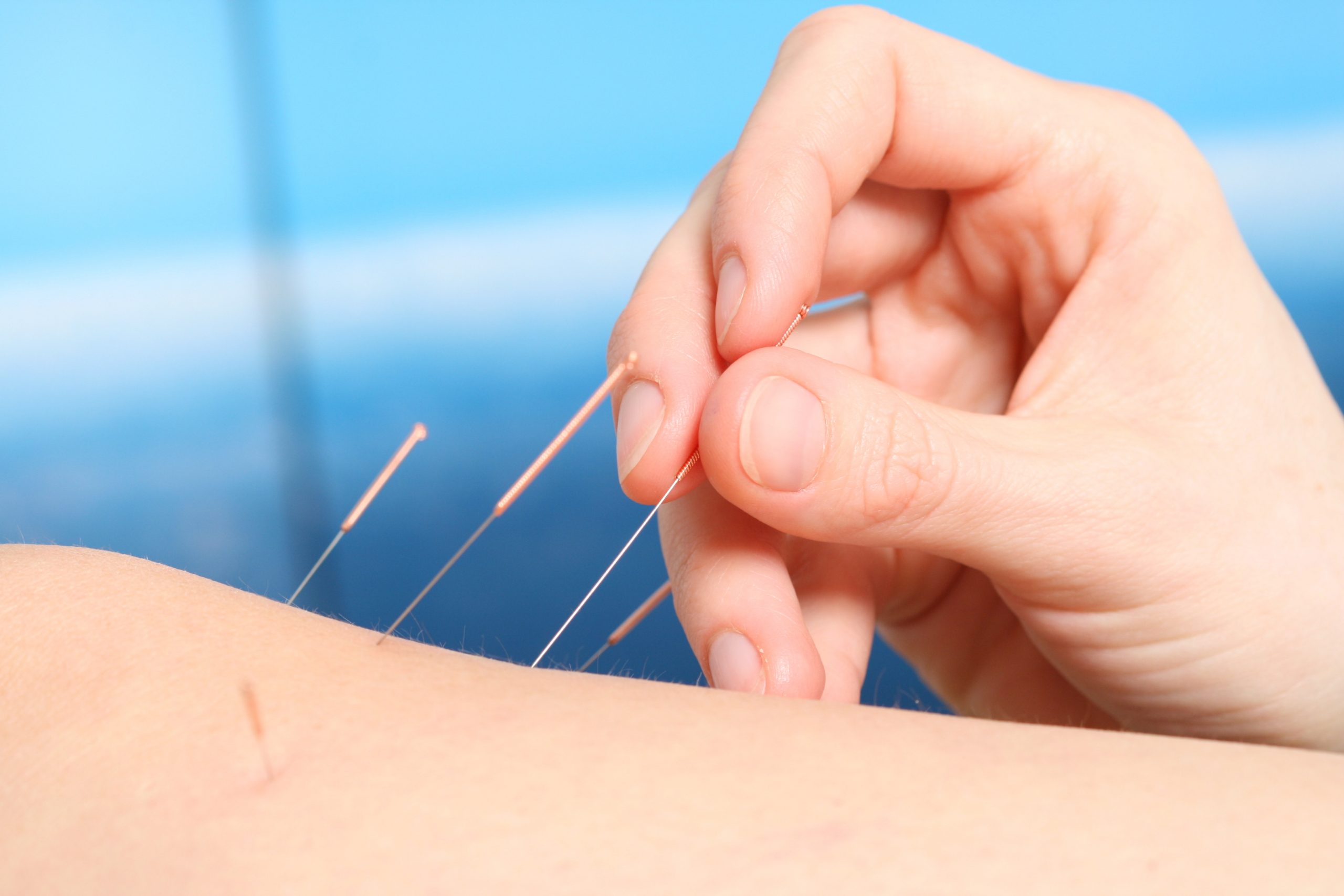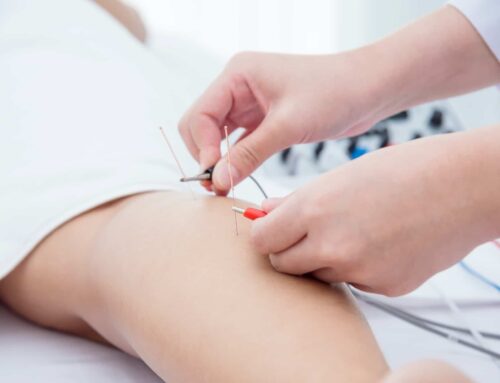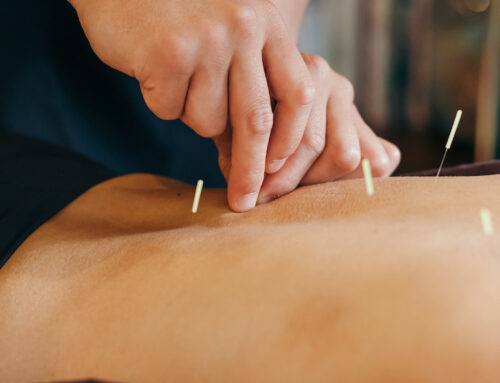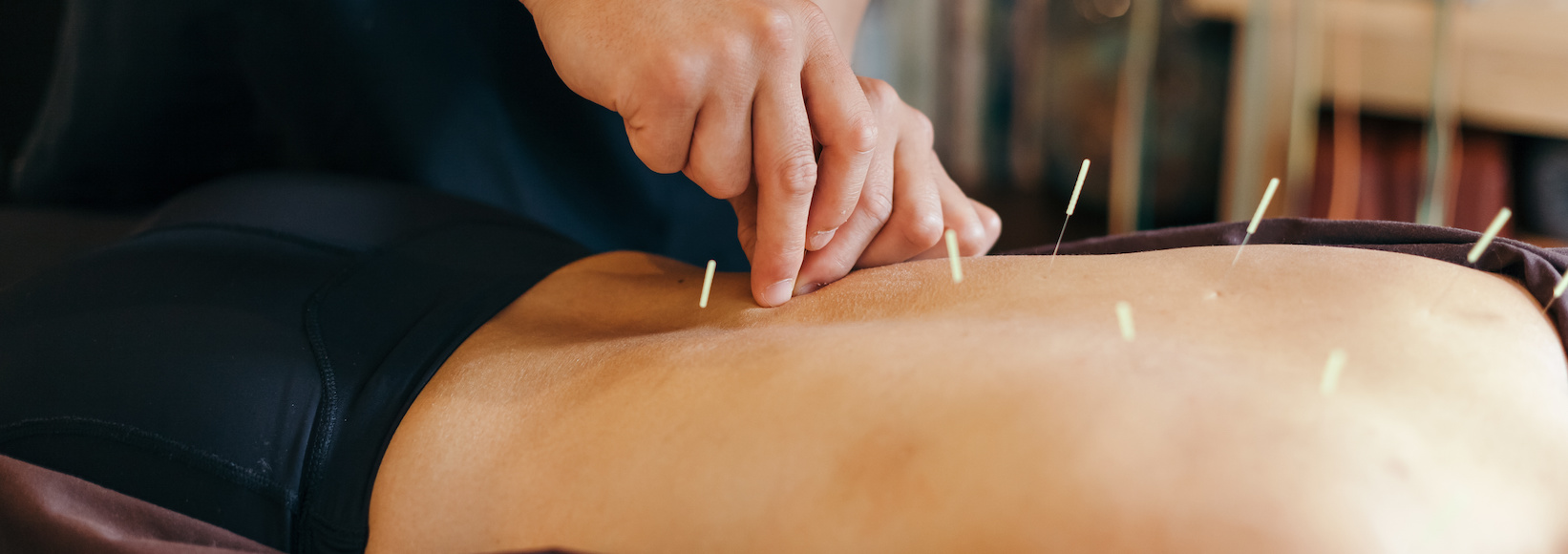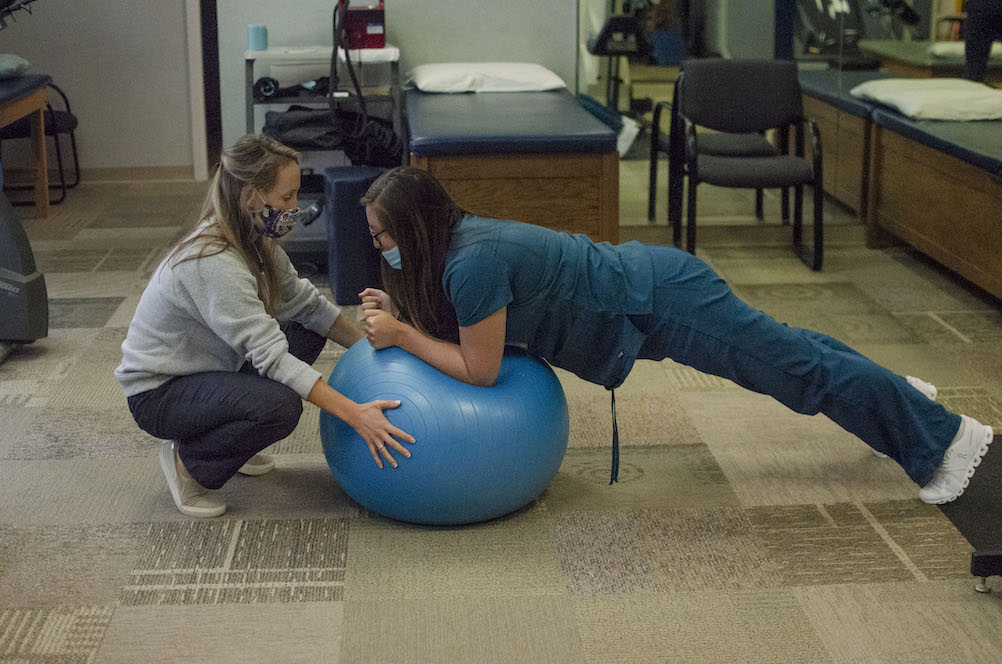Dry needling has become increasingly popular over the years as a form of pain management. See if this technique is right for you.
Does dry needling hurt?
Dry needling uses very thin needles that are typically not painful. Because the needles do not contain medication, we are able to use very thin needles that are 8x smaller than those used for your vaccines with your medical doctor. While some areas may be more tender than others, dry needling typically does not cause more pain than your current symptoms.
Does dry needling make you tired?
Drowsiness, tiredness, or dizziness occurs after treatment in a small number of patients (1-3%). If this affects you, you are advised not to drive until you feel you are at your baseline.
How effective is dry needling?
Dry needling from a clinical perspective has proven to be an extremely useful tool for pain management, most notably in patients who have long-term or chronic muscle tightness that does not resolve with independent stretching or strengthening programs. Dry needling research supports its effectiveness in regards to relieving pain, muscle spasms, and muscle tightness by decreasing trigger points in the muscle.
How is dry needling different from acupuncture?
The purpose of acupuncture is to alter the flow of energy (“Qi”)
How long do dry needling benefits last?
Length of relief will vary from person to person. With initial treatments, results typically last several days. With each additional treatment, the goal is that we are able to increase the window of relief with each session meaning longer relief with each additional attempt.
How long does dry needling take to work?
Although you may have some soreness after a dry needling session, you will often notice some improvement in your symptoms within 24-48 hours. Again, the intensity of this improvement will ideally increase with each additional session. As you adjust to the treatment, post-treatment soreness will tend to decrease and your results will often be more noticeable directly after your session.
How many dry needling sessions do I need?
In acute pain situations, only one session may be needed. For more chronic pain situations, it may take several treatments to notice a change. Because dry needling can have a cumulative effect if you do not notice results after the first session we typically recommend 2-3 treatments before deciding to pursue other options. We tend to start your dry needling plan at 1x/week, with the goal of increasing the length between sessions as we go along. A therapist will discuss your individualized plan of care in regards to your dry needling plan at your first session.
How long is a dry needling session?
Dry needling alone is typically a 30-minute session.
What do you wear to a dry needling session?
Wearing loose-fitting clothes tends to be the best option when you are expecting to undergo dry needling. This will allow the therapist to access the muscles while allowing you to stay comfortable, as you are typically lying on a treatment table for 15-20 minutes. Shorts are easiest when attempting to access the muscles of the leg, and loose-fitting pants can help your therapist access the muscles of the low back and hips.
Is dry needling dangerous?
Dry needling is very safe with serious side effects occurring in less than 0.01% of treatments. Your therapist has undergone additional training after their doctorate degree to be certified in dry needling and is an expert in regards to anatomy and minimizing the risk associated with this intervention.
What does dry needling cost?
The cost will be based on your insurance plan, which our office will be happy to discuss after verifying your insurance. You will be provided with a handout prior to your session that will outline your expected costs. Dry needling sessions can also be purchased separately at a rate of $65/session as a self-pay plan.
What is dry needling good for?
Dry needling can be used for a wide variety of conditions for pain management and dysfunction of the musculoskeletal system. This includes but is not limited to: neck pain, back pain, shoulder impingement, tendonitis, tennis elbow, carpal tunnel, headaches, knee pain, arthritis, shin splints, and plantar fasciitis. Your therapist will be able to guide you in your first session as to whether or not dry needling will be beneficial for your symptoms.
Who benefits from dry needling?
Anyone experiencing pain can benefit from dry needling from athletes attempting to return to their sport, to those who have suffered from motor vehicle accidents. If you are unsure if dry needling will benefit you, feel free to call our office or reach out on our contact page for more information.
For further information, or to schedule your appointment please fill out the form below.

